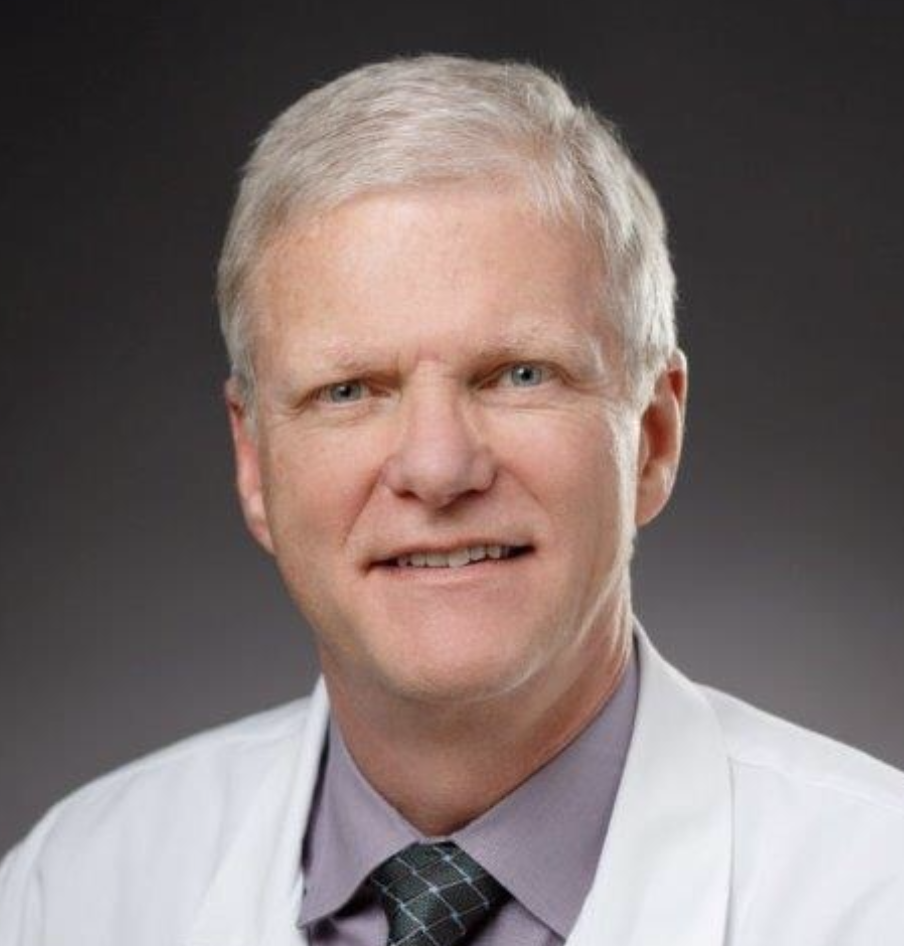Bruce H. Campbell, MD FACS is the author of A Fullness of Uncertain Significance: Stories of Surgery, Clarity and Grace (2021). We welcome him to our editorial board.
“The Halo” by Xi Chen (Intima, Fall 2021) and “Learning to Walk” (Intima, Fall 2021) by Mason Vierra—two essays created by medical students—share first-person, “aha!” moments that reveal insights about the practice of medicine.
Chen watches with growing dismay as an experienced physician performs the hands-on neurological examination of a comatose, immobilized young man with several devastating injuries. The doctor, using increasingly aggressive “noxious stimuli,” confirms that the man is completely unresponsive. Chen channels the thoughts of the physician, sensing that he is becoming increasingly angry with the patient. Echoing the protagonist in Richard Selzer’s short story “Brute,” Chen writes, “It is shameful for a doctor to have such thoughts.”
Vierra tells of spending time on his family’s ranch when medical students were sent home to continue their pre-clinical educations virtually. During breaks from his studies, one of the donkeys and one of the dogs give birth. Vierra offers to “help” them, but his father, a practicing general surgeon, urges Vierra to adopt a hands-off approach. He reminds Vierra that animals have been giving birth for thousands of years without human intervention. Vierra agrees but asks why, then, as a surgeon, does his father still perform surgical procedures to offer healing? Vierra’s father responds, “I have never in my entire career healed anyone. I […] rearrange the parts so that the proper parts will heal together.”
Each essay shares an insight into how a practicing physician thinks, although one reveals his approach by being “hands-on” and the other by being “hands-off.” In these seemingly contradictory take-away lessons, the essayists uncover moments that ring true in my own medical life. Chen’s essay reminds me of rotating through the neurosurgical intensive care unit years ago when, every morning, I reluctantly rubbed my own knuckles hard over a comatose patient’s breastbone, hoping for a response. Vierra’s essay reminds me of occasions when my postoperative surgical patients thanked me for my “handiwork,” to which I always responded, “I just put things back together as close as possible to where they belonged. You did all the rest.”
As healthcare workers, our hands are fundamental to what we do. Our patients trust us to use our hands to complete physical examinations, search for masses, remove cancers, perform procedures, and provide comfort. In return, we sense our purpose. Of late, we have traded hands-on experiences for virtual visits, Zoom conferences, and social distancing. In clinic, I bump fists or wave to patients and family members when, once, we would have shaken hands or even hugged. I miss the moments when we welcomed each other into our personal spaces. Our hands bring healing, inflict pain, and provide comfort. Sometimes, our hands are best left resting in our laps. I am grateful to these two fine essayists for helping me discover that moments of understanding and learning often depend on how we do—or do not—use our hands.
Bruce H. Campbell, MD FACS completed an otolaryngology residency at the Medical College of Wisconsin (MCW) and a head and neck cancer surgery fellowship at MD Anderson Cancer Center before returning to MCW where he has spent his entire career. He completed Columbia University’s Certificate of Professional Achievement in Narrative Medicine in 2019. In addition to his clinical practice and research, he facilitates narrative medicine and writing experiences for students and residents. Campbell has published fiction, non-fiction, poetry, and humor in a variety of journals, including JAMA, the Journal of Clinical Oncology, The Examined Life Journal and Creative Wisconsin. His collection of essays, A Fullness of Uncertain Significance: Stories of Surgery, Clarity and Grace, was published in 2021. He is the co-editor of Character and Caring: A Pandemic Year in Medical Education.

